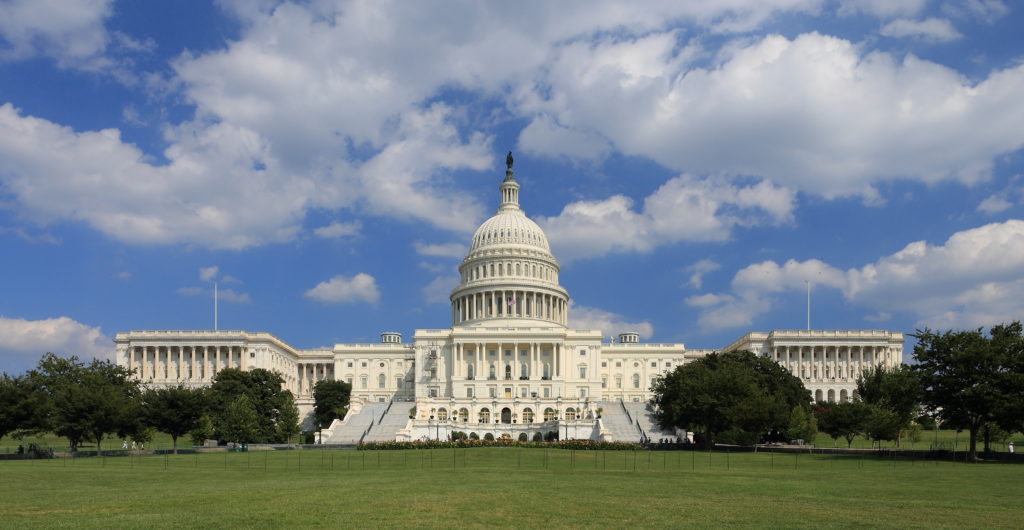
One-In-Five Small Businesses Anticipate Having to Lay off Employees in Next Six Months
About half of small businesses anticipate needing additional financial support
WASHINGTON, D.C. (Oct. 7, 2020) – NFIB’s Research Center released the latest survey relating to COVID-19 and its impact on the small business economy. The majority of Paycheck Protection Program (PPP) borrowers have used all of their loans and are preparing to apply for forgiveness.
“Small businesses in NJ have reached their financial limitations,” said NFIB’s New Jersey State Director Eileen Kean. “Now is the time for New Jersey to use the $2-billion CARES Act money that has not yet been spent to help Main Street survive.”
“It has been over six months from the onset of the health crisis and economic shutdowns and small businesses are still struggling,” said Holly Wade, Executive Director of NFIB’s Research Center. “Owners are trying to reduce costs and adjust business operations to keep their doors open, but for many, that’s not enough. Small businesses are in danger of closing for good if they don’t get additional financial assistance. Small businesses urge Congress and the Administration to agree on legislation that would aid the small business economy and allow small businesses to stay open and move forward.”
Key findings from the survey include:
The vast majority of PPP borrowers (86%) have spent their entire loan and are ready to apply for loan forgiveness.
- Over one-third (37%) of PPP borrowers are using the 8-week covered period, 42% are using the extended 24-weeks, and 21% are not yet sure what they are using.
Over half of PPP borrowers have or plan to use the simplified EZ forgiveness application form when applying for forgiveness.
- Six percent are using the standard form and 38% are not sure whether they are eligible to use the EZ application form or if they will have to use the longer version.
- Only 16% of borrowers have submitted the PPP loan forgiveness application.
After using the PPP loan, 22% of borrowers anticipate having to lay off employees in the next six months.
About half (49%) of borrowers anticipate needing additional financial support over the next 12 months.
If eligible, 44% of small business owners would apply or re-apply for a second PPP loan.
- Thirty percent would consider applying for a PPP loan.
Nearly half (47%) of small businesses pay rent on property that is owned by an owner of the business.
- The SBA recently limited permissible rent expenses for forgiveness; this restricted definition of rent payments eligible for forgiveness impacts many PPP borrowers.
About one-third of small business owners have applied for an Economic Injury Disaster Loan.
- The vast majority (80%) of applicants had their loan approved, 13% of applicants were denied.
Sales levels are still 50% or less than they were pre-crisis for about one-in-five (21%) small businesses.
- Twenty-eight percent of businesses are at sales levels 50%-74% from pre-crisis.
- Over one-third (37%) are back or nearly back to where they were with sales between 75%-100% of pre-crisis levels.
- Seventeen percent report exceeding pre-crisis sales levels.
Most small business owners do not expect business conditions to improve to normal levels until next year at the earliest.
- Just 10% of owners anticipate conditions improving to normal levels by the end of the year.
- Over half (60%) of owners anticipate it taking until sometime in 2021 and 20% anticipate sometime in 2022.
- Four percent say that conditions are back to normal now.
Of the 79% of business owners who pay rent or a mortgage on property used for business purposes, 21% have asked their lender or owner of the property about deferring their payments.
- Of the 21% who asked, 65% were allowed payment deferral.
- Of the 46% of small business owners with a business term loan or line of credit, 15% of them have asked their lender about payment deferral and 78% were approved.
This publication marks NFIB’s 12th Small Business COVID-19 survey assessing the health crisis impact on small business operations, economic conditions, and utilization of the targeted small business loan programs. The first series was published in early March 2020 with subsequent publications every 2-3 weeks, found here. The full survey is available here.
###
For more than 75 years, NFIB has been advocating on behalf of America’s small and independent business owners, both in Washington, D.C., and in all 50 state capitals. NFIB is nonprofit, nonpartisan, and member-driven. Since our founding in 1943, NFIB has been exclusively dedicated to small and independent businesses, and remains so today. For more information, please visit nfib.com. |


